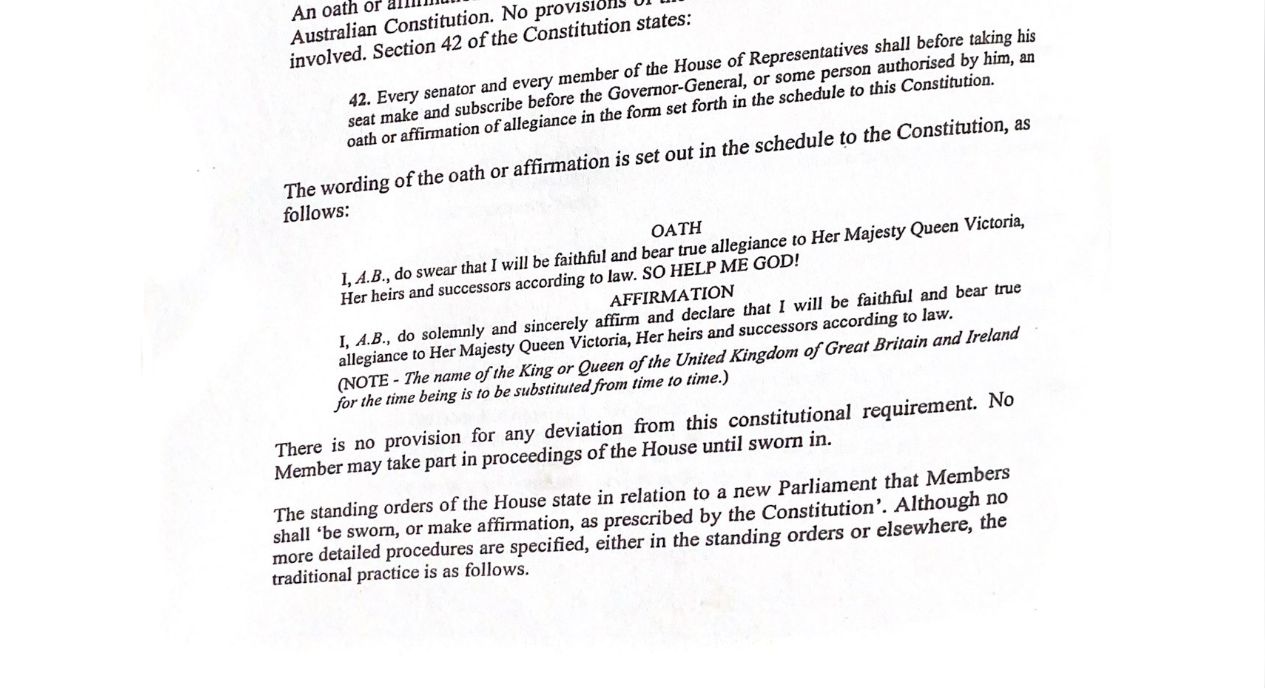ADF decides not to overturn Port of Darwin China deal
Australia may NEVER get the Port of Darwin back from Beijing as bureaucrats find there is ‘no national security risk’ to the deal – despite China trying to tank the Aussie economy
Key facts:
- Australian Defence Force (ADF) decides not to overturn controversial China port deal
- Landbridge signed a $506million agreement to control the Port of Darwin
- The 99-year lease has come under criticism as tensions dramatically sour
- Relations between Canberra and Beijing have reached critical low point
- ADF officials have deemed the port is not a ‘national security’ issue
- Chinese companies control 2.4% of Commonwealth land
Bureaucrats in the Australian Defence Force have determined there is ‘no national security risk’ that would justify stripping a Chinese company of its 99-year lease to control the Port of Darwin – despite soaring hostilities between the Commonwealth and China.
Landbridge signed a controversial $506million agreement with the Northern Territory government back in 2015 to take control of the strategically important asset.
The surrender of a key port next to a major military base housing thousands of American marines caught then prime minister Malcolm Turnbull off guard and enraged US president Barack Obama whose administration said it was ‘blindsided’.
It has since come under intense scrutiny from military and economic analysts as diplomatic relations between Beijing and Canberra have dramatically soured.
Back in May, the Prime Minister quietly asked for an urgent review into the Chinese deal as national security experts warned it was a ‘strategic own goal’.
But Defence has now handed over their report to the National Security Committee of Cabinet finding that unpicking the agreement would not be wise.
Former Howard government minister and now chair of the international engagement committee of the Business Council of Australia, Warwick Smith, said the heads of Defence, Home Affairs, ASIO and ASIS, do not consider the Port of Darwin as a ‘high-priority issue’.
‘It was subject to Defence consideration at the time. They went through it in detail. They found a lease… It was a reasonably good return for what was a basically low level piece of port area,’ he told The Australian.
‘My view is that defence have probably come to the right conclusion. National security concerns have changed over the last five years, and I appreciate that. But there’s not a lot to be gained by picking apart a port lease like this when there are other investments taking place in our country.
‘It doesn’t gain on the security side. It unpicks a commercial arrangement that sends a negative signal. I don’t think it’s the wisest thing to do right now.’
At the time of the review, Michael Shoebridge, the director of the Australian Strategic Policy Institute’s defence program said he wondered whether operating the port is in the ‘company’s commercial interests’ amid ‘the strategic environment they find themselves’.
‘I think it’s obvious that if the Darwin port lease was being considered today, the result would not be to lease it to a Chinese-owned company for 99 years,’ he told the Sydney Morning Herald.
‘It seems a strategic own goal for one of the best parts of Darwin Harbour to be in the control of a Chinese-owned operator.’
China is now the largest foreign owner of land in Australia with Chinese companies in control of 2.4 per cent of Commonwealth land, according to the 2020 Register of Foreign Ownership.

